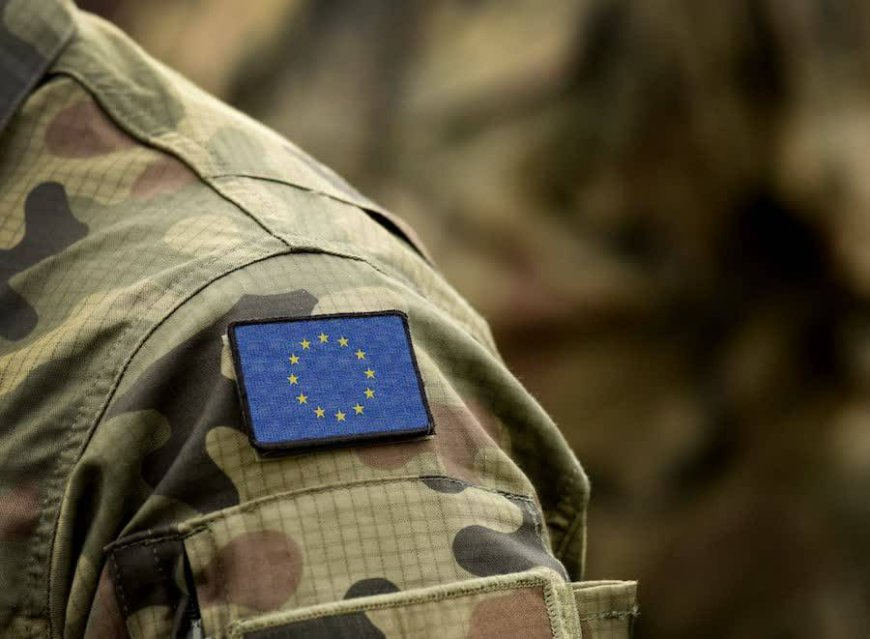Europe's Geopolitical Challenges: Lessons and Imperatives from the Russia-Ukraine Conflict
Europe's Geopolitical Challenges: Lessons and Imperatives from the Russia-Ukraine Conflict

This divergence in threat perception presents a challenge for the European Union and NATO, as a lack of common understanding may result in a greater emphasis on national defence programmes. This can pose difficulties for countries with weaker economies, particularly considering the extensive financial and military aid to Ukraine that exceeds their economic capacities. Consequently, these nations prioritise domestic affairs and resolving internal challenges before committing to NATO or EU plans, including collective defence. The lack of consensus among members stems primarily from Europe's multinational composition and divergent perspectives on various issues arising from the Ukrainian conflict. Despite the absence of a unified threat perception and its impact across Europe, several agreed-upon measures aim to strengthen vulnerabilities through collective efforts.
Notably, there has been a surge in the number of rapid reaction forces stationed on the eastern and near Russian borders, capable of effectively countering potential surprise attacks from Russia. The significance of these forces to NATO is evident, as their numbers have doubled from four to eight groups of rapid reaction forces along the Russian borders. Another crucial aspect is the provision of logistics, wherein NATO implements a joint programme to enhance logistical links among member states.
This ensures the swift and cost-effective allocation of resources to frontline forces. Intelligence coverage and accurate knowledge of the adversary's military capabilities represent yet another critical dimension. Western intelligence support in Ukraine has successfully thwarted some of Russia's objectives and delayed the achievement of others. This underscores the importance of security and intelligence cooperation in Europe. By leveraging these capabilities, European nations can effectively combat and defend their positions, albeit to a limited extent. However, it is important to note that intelligence alone is insufficient, and Europe must comprehensively strengthen itself to achieve adequate deterrent power. Thus, Europe has gleaned invaluable lessons from this war, and by effectively employing them, it can address its weaknesses and assume a pivotal role in shaping the future.













































